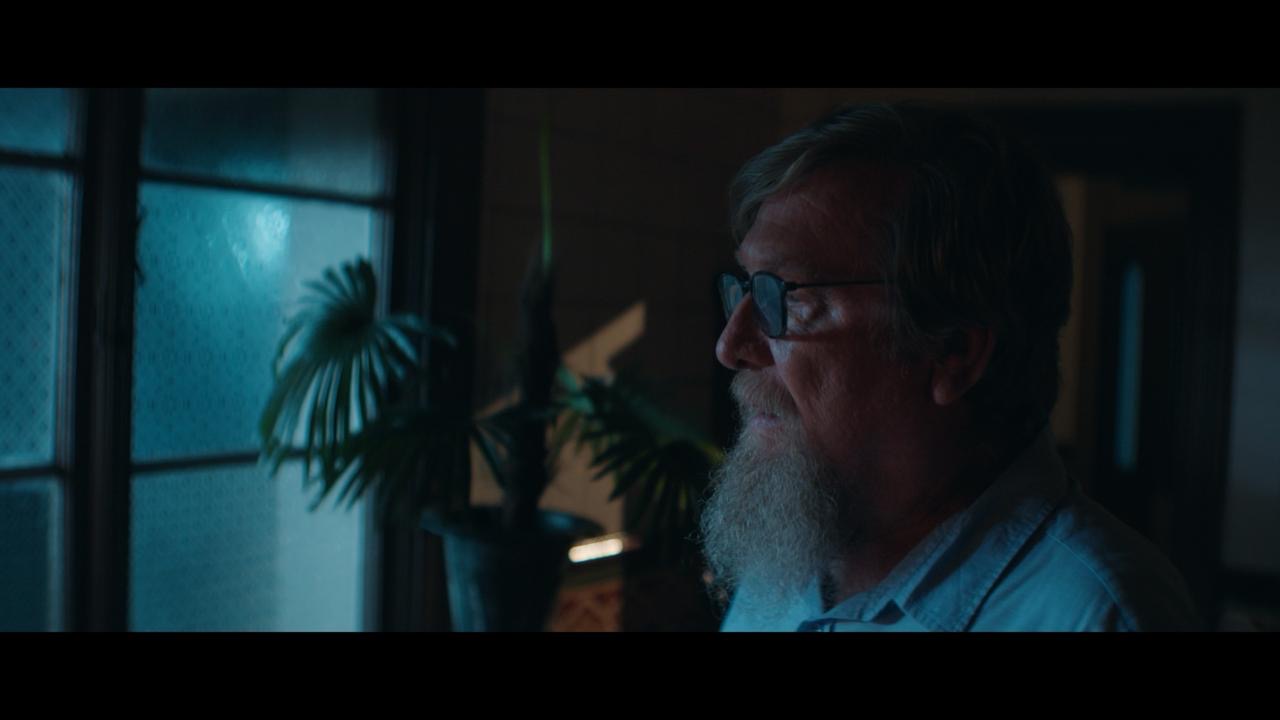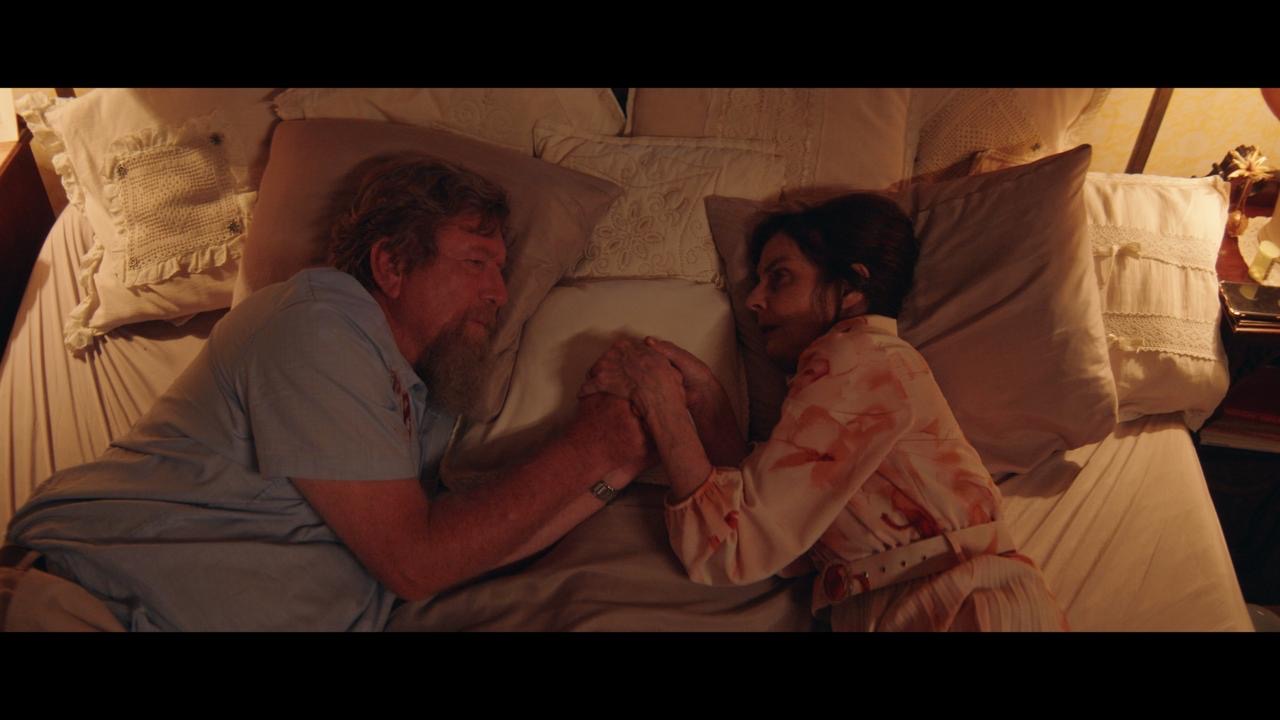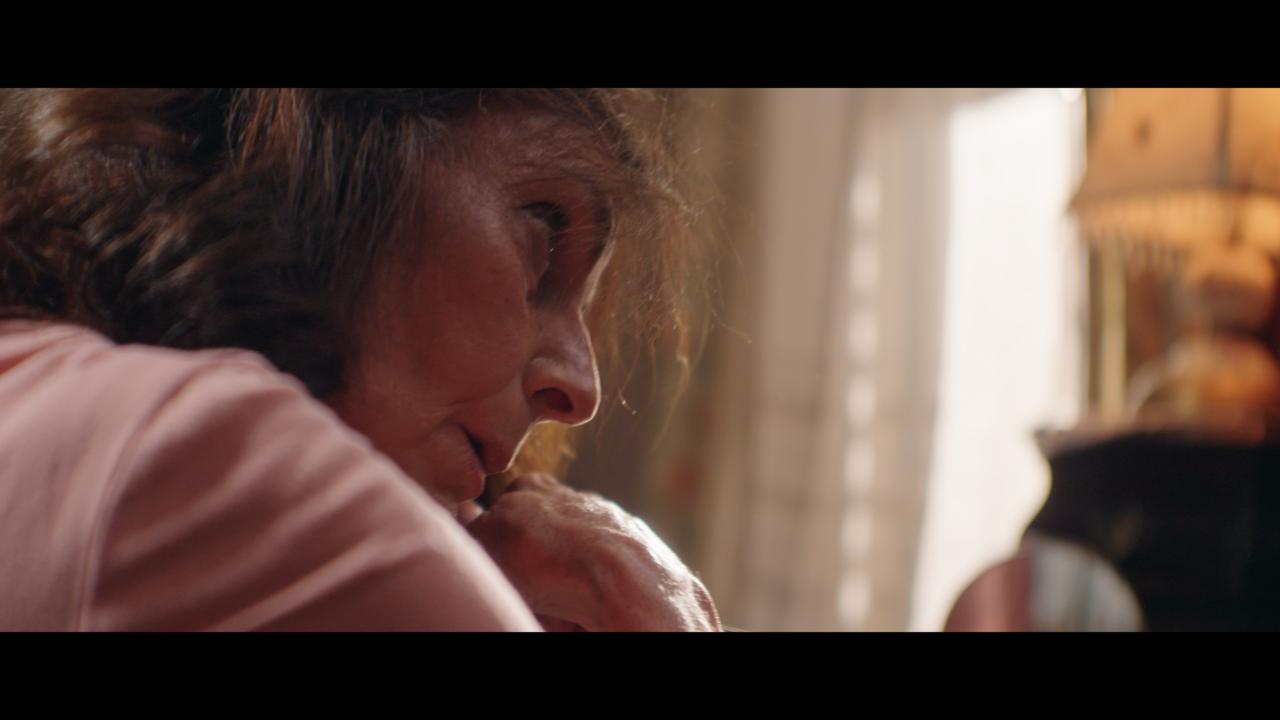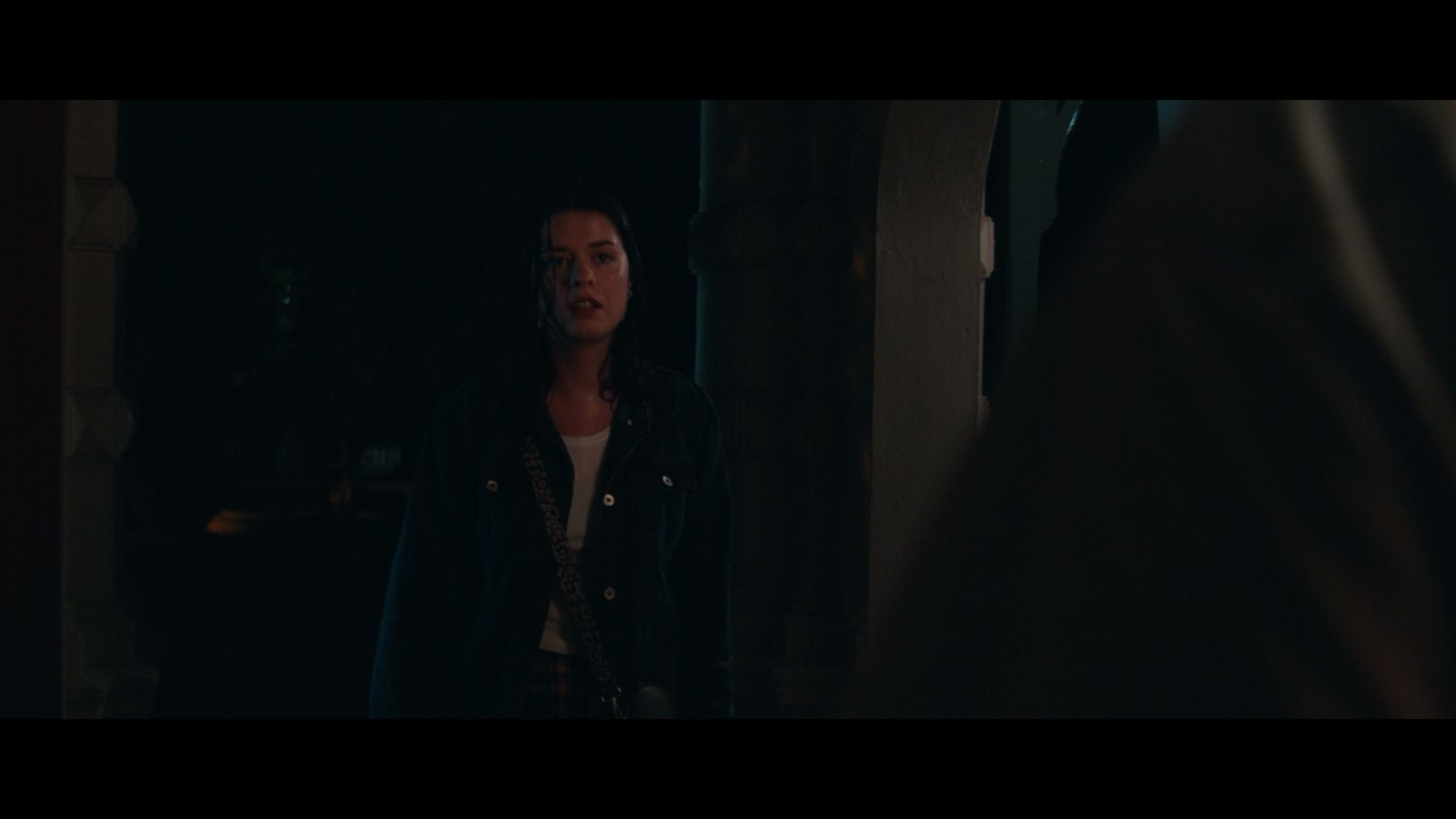



Short film by an emerging filmmaker: Bly
On a stormy night, a tempest brews in the mind of Erik (Anton Dekker), who is faced with the most difficult decision of his life – all for the sake of his beloved Jannah (Karin Retief). But in writer-director Tana Pistorius’s short film Bly, fate has other plans when their granddaughter, Klara (Liza du Plessis), shows up.
Tana, who works in the advertising industry as a creative director and producer, co-wrote the screenplay with Armand Rossouw. She shares more about the film:
Bly is a tragic story, but also one about love. What inspired the story?
The starting point was telling a story about euthanasia. But the question that haunted me was: What does it mean if you’ve been a good person your whole life, but then make one major mistake? Are you still a good person, even if you ruin everything at the end?
Bly is not a Covid story, but my experiences during the pandemic did influence the writing process. My grandmother and aunt passed away during the pandemic, and witnessing how someone who had lived a full life could lose all control over their fate, was heartbreaking. In the film, we explore themes of innocence, death, and the burden of guilt.
What was it like working with seasoned actors like Anton Dekker and Karin Retief?
It was incredible to work with Anton and Karin. Both cared deeply about the story, and we had many conversations about the characters and their decisions – and how they should interact with one another. They had acted together years ago, and it was a pleasure to experience their chemistry on set.
The set felt very much like a theatre stage, and I think that influenced the acting. Anton was willing to be very vulnerable in front of the camera. Liza du Plessis, who plays Klara, is also a wonderful actress.
Your shooting schedule was quite unusual, wasn’t it?
We filmed at Melrose House in downtown Pretoria, thanks to our phenomenal producer, Lara Lourens. We shot from 6 pm to 6 am, and it felt like spending two days in another world. It was a magical experience to capture the theatre-like atmosphere in this way.
The film has a sombre tone. How did the work of Clarence Raymond (cinematography), Alan Thrope (lighting), and Wesley West (composer) contribute to that?
It was incredible how everyone came together to create something based on a shared vision. There’s a bit of each of us in the film. I believe you get the best result when everyone is equally invested.
Clarence and I shared a lot of mood boards and discussed the role of colour in the story. Wesley based the soundtrack on Jannie du Toit’s song “Die eggo van jou oë”. There’s also a Gert Vlok Nel feel to it – old-school Afrikaans vibes with soul. And yes, people were willing to spend a lot of time in the ceiling for the sake of the lighting …
What are the challenges of making a short film and telling a story like yours in under twenty minutes?
It’s easier when you write with fixed rules in mind. One rule was to use only one location. That means you can allocate more of your budget to other things, like high quality lenses. The fewer actors you use, the easier it is to build relationships and do the story justice.
The concept of Bly was initially too big. But you have to refine the heart of the story and work out what the metaphor or message is. Everything becomes easier when you have a good story.
It’s also important to go through your beat sheet hundreds of times and make sure everything works. People think a short film is simple, but it requires a lot of small moments – or beats – to keep the viewer engaged.
Tell us about your Silwerskermfees experience and the contribution of your mentors, Etienne Fourie and Jaco Smit.
Having access to such marvellous industry expertise means you can develop your vision and story alongside people who are just as passionate about your film as you are. I had many Zoom calls with Etienne and Jaco, and their mentorship was fantastic. Although I work in advertising every day, this process opened my mind to screenwriting and the importance of precise phrasing. That was a huge breakthrough for me. It’s incredibly valuable to go through this process at least once as a young filmmaker.
